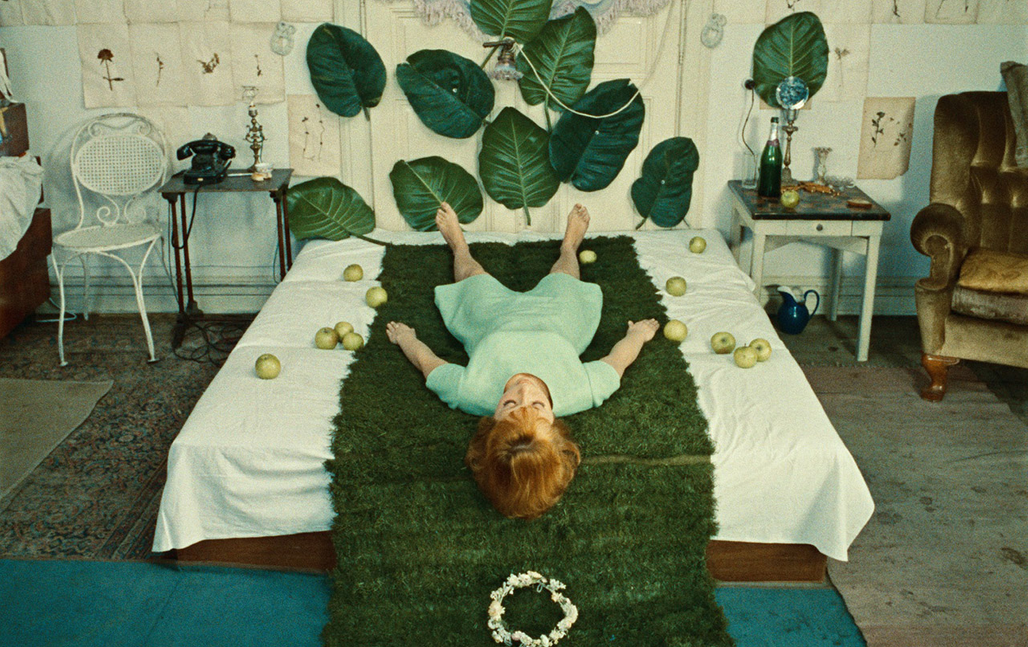
Daisies (Sedmikrásky): Věra Chytilová’s anti-conformist fable

Czech director Věra Chytilová reached the pinnacle of her career with Sedmikrásky (Daisies), in which two young women decided to take an irreverent stand against conformist Czech society. An unmissable gem that was reviled by the Communist authorities upon its release, this is a film that offers a refreshing dash of cinematic inventiveness.
An introduction to Věra Chytilová's work
This former artist and model was born in 1929 in the Czech Republic, and started out as an actor, script girl and assistant director before stepping behind the camera herself. Her first few films were praised by the FAMU in Prague, where she was one of the first female students, filming two feature films and taking part in the Czech New Wave's manifesto. Three years later, she put the finishing touches to Daisies (Sedmikrásky, 1966), an experimental movie that offers a radical take on her cinematographic style. Forbidden from filming in 1968 as totalitarian restrictions were ushered in, it was only six years later that she found herself once again behind the camera. Věra Chytilová continued to examine society with a critical eye throughout the duration of her career, while turning her attentions to documentaries.
Cinematic inventiveness in a vibrant masterpiece
While Daisies (Sedmikrásky) marked the beginning of Věra Chytilová's collaboration with Ester Krumbachová, who helped write the screenplay and create the eccentric costumes, director of photography Jaroslav Kučera was also given free rein to experiment. "When I met Jaroslav Kučera while laying the groundwork for Daisies (Sedmikrásky), we began thinking about a theme that would allow us to try out all possible avenues in terms of cinematographic style. We had the feeling that all too often, films were simply theatre caught on camera, and that they didn't set out to make a visual impact on the viewer. We then met Ester Krumbachová, who had her own vision, and this meeting proved vital for me. That was when I understood that each scene needed to be crafted semantically, dedicated to a certain meaning," the director explained.


